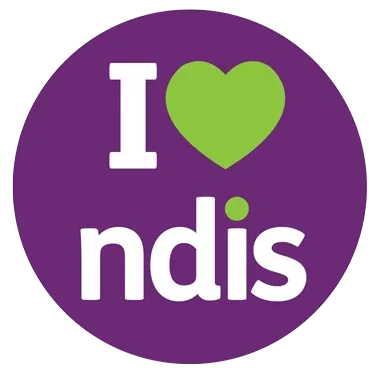High-Intensity Daily
Personal Activities
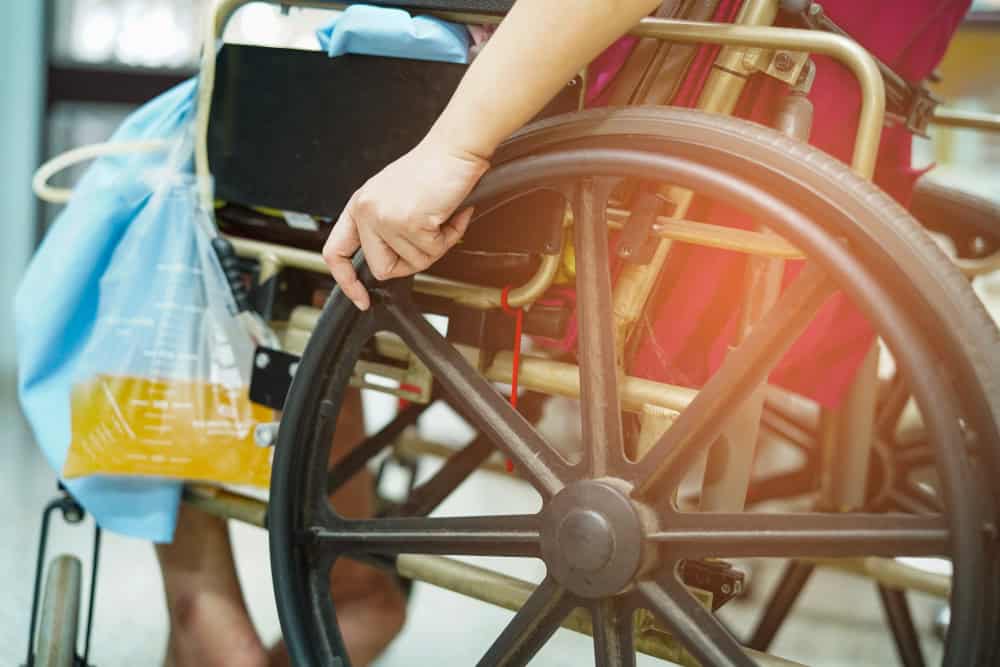
Finding Compassionate NDIS High-Intensity Support Providers Across Australia
Support Point Support Coordinators can help participants look for providers who can provide expert, high-intensity daily personal activities that combine clinical knowledge with genuine empathy to help people live their best lives at home and within their community.
Our skilled coordinators are experts in identifying professionals who can support individuals who need advanced medical care because of chronic illness, disability, or complex medical conditions.
Finding Compassionate NDIS High-Intensity Support Providers Across Australia
Support Point Support Coordinators can help participants look for providers who can provide expert, high-intensity daily personal activities that combine clinical knowledge with genuine empathy to help people live their best lives at home and within their community.
Our skilled coordinators are experts in identifying professionals who can support individuals who need advanced medical care because of chronic illness, disability, or complex medical conditions.

What Are High-Intensity Daily Personal Activities?
The High-Intensity Daily Personal Activities category consists of tasks requiring substantial clinical skills or professional nursing and support worker qualifications. The NDIS includes high-intensity services as part of its support framework, which include:
- Complex bowel care
- Enteral (PEG/NG) feeding
- Dysphagia management
- Tracheostomy care
- Urinary catheter management
- Ventilator support
- Subcutaneous injections
- Wound and pressure care management
Every support requires exact clinical knowledge, continuous monitoring, and awareness of individual health characteristics. Support Point has a network of professionals, including NDIS-compliant qualified nurses and highly trained support workers, to deliver services.
Visit our partner website www.skillbuildinghub.com.au if your support worker or carer needs training in the above high-intensity support areas.
High-Intensity Clinical Services
Complex Bowel Care
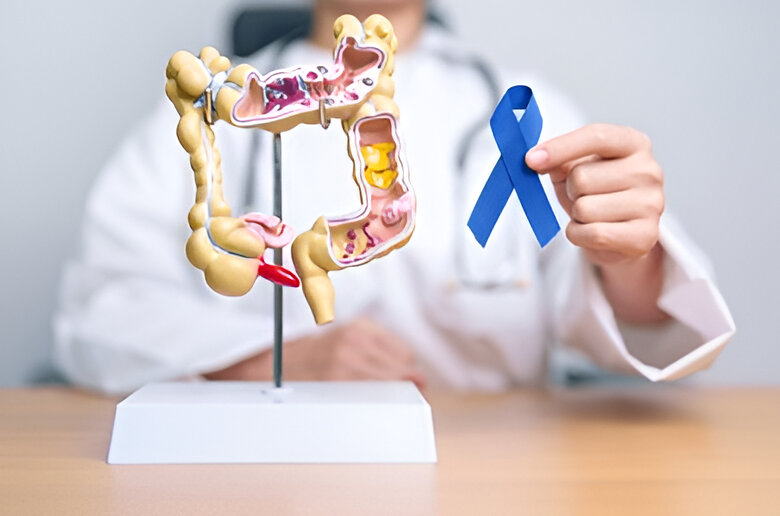
Supporting people with complex bowel requirements requires skilled care and dignified attention. Complex Bowel Care nurses and support workers can assist people who have spinal cord injuries and neurological conditions, as well as those with chronic bowel disorders. These staff provide:
- Safe administration of prescribed bowel medications
- Assistance with digital stimulation and manual evacuation
- Support workers must maintain strict infection control standards and privacy protocols throughout every procedure
Support Point can search for skilled workers who can collaborate with your healthcare providers and family members to track routine changes and adapt your care plan to your evolving needs. They aim to reduce complications, relieve discomfort, and support overall well-being.


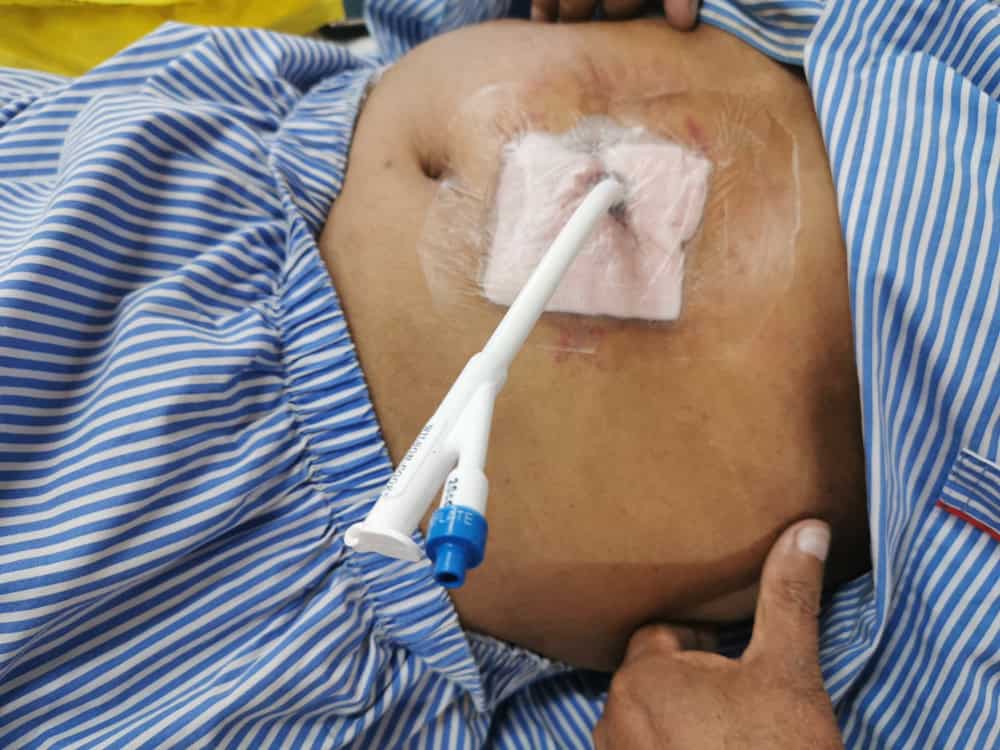
Enteral Feeding (PEG/NG)
Support Point sources: Enteral Feeding (PEG/NG) trained support workers or Nurses support individuals dependent on tube nutrition. Clinical support includes Percutaneous Endoscopic Gastrostomy (PEG) and Nasogastric (NG) tube care.
Trained professionals will:
- Safe administration of prescribed bowel medications
- Assistance with digital stimulation and manual evacuation
- Support workers must maintain strict infection control standards and privacy protocols throughout every procedure
Support Point can search for skilled workers who can collaborate with your healthcare providers and family members to track routine changes and adapt your care plan to your evolving needs. They aim to reduce complications, relieve discomfort, and support overall well-being.

Dysphagia Management
Expert supervision is necessary to address the serious issue of swallowing difficulties known as dysphagia. Support Point can help you search for dysphagia-trained workers who can work on:
- Mealtime safety and safe swallowing techniques
- Preparing modified diets according to instructions from speech pathologists.
- Observation of swallowing changes, aspiration and choking risk assessments
- Supervising swallowing exercises for participants, alongside mealtime observation and help with scheduled swallowing assessments by approved practitioners, to create positive and safe eating experiences.

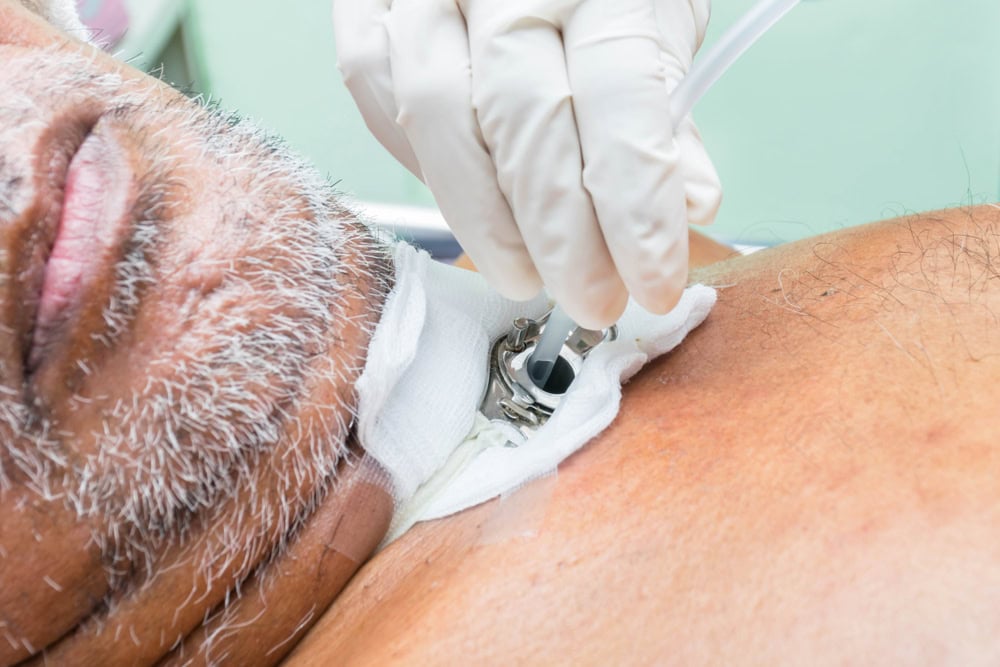
Tracheostomy Care
Tracheostomy care focuses on managing the airway through. Support point Coordinators can uncover professionals (Nurses and Support Workers) who can do:
- Routine cleaning, suctioning, and tube changes
- Cares for the stoma area and skin while watching for signs of infection and respiratory problems.
- Carry out equipment checks and rapid response to emergencies
- Work with respiratory specialists and hospital teams to provide better Tracheostomy Care for the participants.
- Deliver educational support and reassurance to participants and their family members to increase their peace of mind.

Urinary Catheter Management
Support Point can source trained staff members (Nurses and Support Workers) for participants who require Urinary Catheter Management. They can also perform:
- Catheter insertion and removal (where required)
- Ongoing care, monitoring, and troubleshooting of issues such as blockages or infections
- Education on infection control, privacy, and maintaining personal dignity
- Regularly examine urinary care plans to ensure they receive adjustments based on participants' evolving needs.


Ventilator Support
Many patients with chronic respiratory conditions require ventilation support to stay alive. We can find the Ventilator Support trained services (Nurses and Support Workers) that can:
- Setup, monitoring, and maintenance of both invasive and non-invasive ventilators
- Undertake regular cleaning tasks for humidifiers and their tubing and related equipment.
- Track alarms while providing immediate response during any respiratory emergencies.
- Receive training regarding emergency response plans, instructions about backup power operation, and standard device examination protocols.
- Communicate continuously with medical personnel and deliver educational services to family members to build their confidence while maintaining safety measures.
Subcutaneous Injections
The need for Subcutaneous Injections exists for numerous participants who use them to receive their prescribed medications, including insulin, blood thinners and other medical treatments. We can source workers (Nurses and Support Workers) who can :
- Give injections to clients according to the doctor's prescriptions.
- Implements a scheduled approach to relocate injection sites for safety and optimal results.
- Educate clients about injection techniques while providing support to learn self-injection methods to achieve independence.
- Keeps detailed records, maintains medication safety protocols, and properly disposes of sharp objects to protect health.


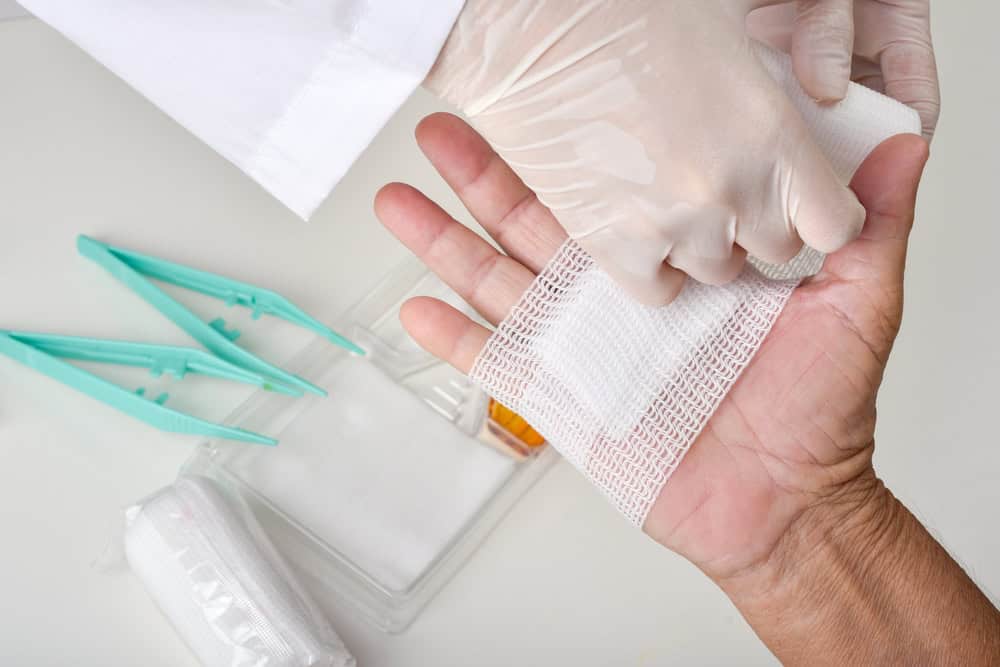
Wound & Pressure Care Management
Participants who face pressure injury risks and those with ongoing wounds need Wound & Pressure Care Management services. Support Points will look for staff (Nurses and Support Workers) who can:
- Wound assessments and provide dressing changes and pressure area checks.
- Provide training to families and staff members about preventing pressure injuries through scheduled repositioning and pressure-relieving equipment implementation.
- Conduct early intervention procedures to help wounds heal properly while preventing potential complications.
- Follow modern evidence-based approaches that minimise pain while enhancing quality of life.
The Support Point Difference
What makes Support Point the preferred choice for finding nurses and support workers who can provide high-intensity daily personal activities for NDIS participants and their families?
We only use providers
- Who are qualified, expert staff with advanced clinical training and deep experience in complex disability care
- Who creates Individualised care plans in partnership with each participant, family, and healthcare team
- Who are NDIS compliant and follow best-practice protocols at every stage
- They are available 24 hours a day to respond instantly to urgent situations.
- Who maintains a caring and respectful attitude that puts your dignity and preferences at the core of their care.
- Those who treat individuals as people first rather than medical tasks. We dedicate ourselves to helping you gain independence while keeping you safe and healthy.
Safety, Empowerment, and for Partnership
We will make sure our High Intensity Support Providers:
Maintain continuous professional development and adhere to strict infection control measures, participant advocacy standards, and privacy protocols.
Expert medical care should be accompanied by genuine, compassionate treatment.
They communicate continuously with participants, their family members, and allied health professionals to keep you informed, safe, and empowered.
Frequently Asked
Questions

1. Who can use the High-Intensity Daily Personal Activities?
NDIS participants who need high-intensity daily personal assistance and those with complex clinical requirements, with available funds
2. Are all staff members who deliver high-intensity supports qualified?
All providers we source can deliver high-intensity support, have nursing registration or specialised support worker certifications, and have scheduled competency evaluations.
3. How do you guarantee safety measures and infection control practices?
We only use providers who maintain absolute adherence to all NDIS and Australian clinical standards regarding infection control measures, medication safety, and clinical procedures.
4. Can you work with my current health professionals?
Absolutely. We coordinate care by forming partnerships with the medical and allied health professionals you already work with.
Reach Out to Support Point Right Now to Take Your First Step
Support Point is prepared to assist you and your loved ones who need specialised help finding providers to support you with complicated healthcare routines. Contact our helpful staff immediately to discuss your requirements.
Support Point—Your trusted partner for finding NDIS high-intensity daily personal activity professionals
